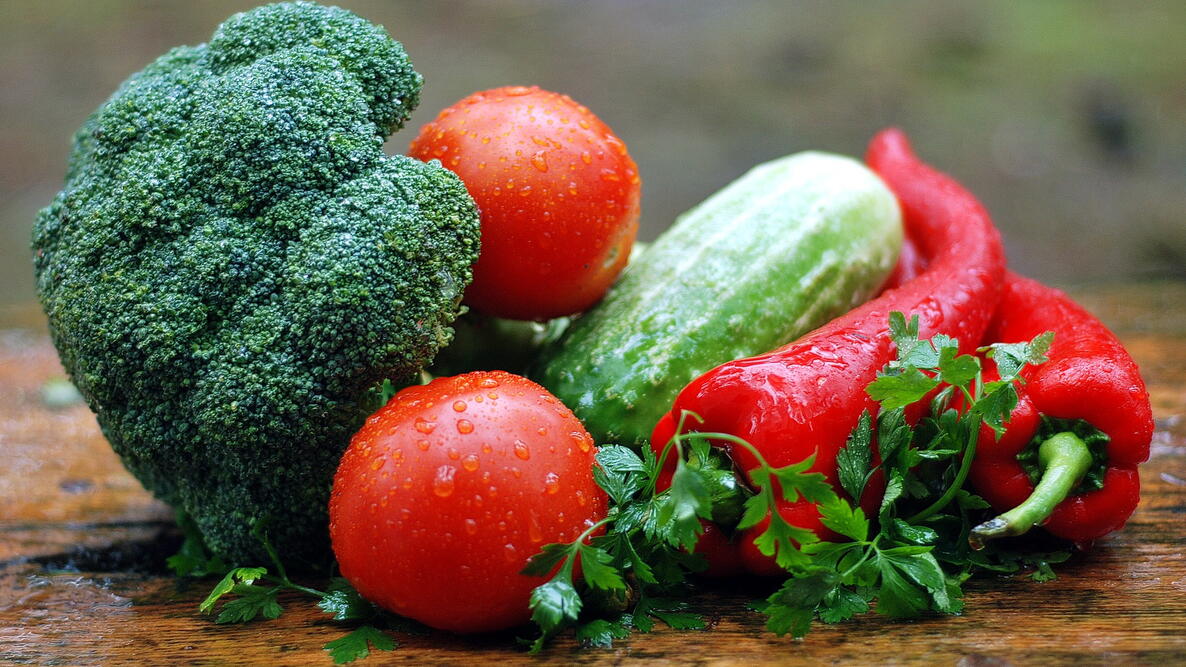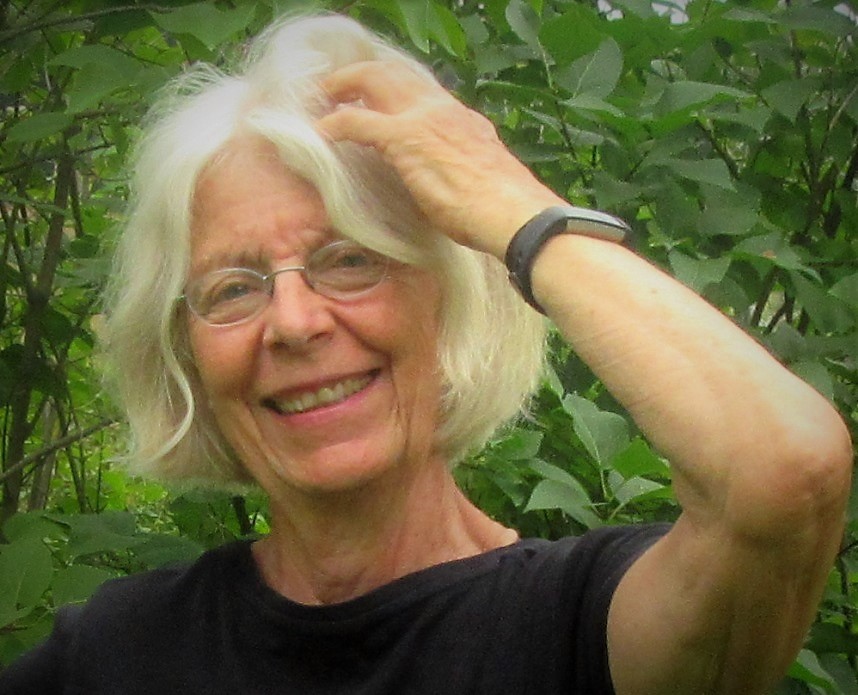
Subhead
Eating Better
An acronym I was introduced to: GBOMBS...G-greens, B-beans, O-onions, M-mushrooms, B-berries, S-seeds. Eat as many from these groups daily as possible.
GBOMBS is a great way to think of healthy eating. I've been reading a book authored by a credible doctor who has shown scientific evidence for the importance of each of the above for health. Adding whole grains (not processed) is also very important for health and longevity. The more colourful the fruits and veggies, the better they are for our health. So fruits like blueberries, strawberries, cranberries etc. Are great antioxidants. Cruciferous vegetables like broccoli, cabbage, kale, Bok Choy are great, as is deep green spinach and lovely red beets and red cabbage. Eat your veggies for health!
Great idea and easy to keep in mind!
Thank you, for this common sense article on eating healthily. The minute I hear the word diet I start feeling hungry or resentful or dissatisfied. Usually all of those feelings, all at once. Eating to feel healthy, energetic, satisfied and happy, what a great concept. Grown as close to home as possible is workable where I live, but only for a part of the year. Northern Canada does not provide local produce all year round, unfortunately. Some local produce can be found during the harsh winter months, however, it is green house grown and horrendously expensive. Today's high temp was -20 celsius (-4 F) and tomorrow we are expected to reach a high of -30 celsius (-22 F). Love your articles.
I enjoyed this article, and I like your mentioning to eat food "as close to where it was raised as possible." I remember that time in the 90's when I first noticed that the only garlic available in the two stores where I usually shopped was from China. The United State of America didn't have farmers willing and able to grow a staple such as garlic? Think of the energy expended and pollution created, day in, day out, UNNECESSARILY shipping thousands of crates of garlic by air or sea from Asia to America. (I thought we were worried about pollution and the effect on climate change?) That's aside from wondering about growing conditions and pesticide use, which is bad enough here, with China even worse (with bees gone for good in some places). I only later learned about the slow food movement. Right on! :D
As to diets, after my first child, I went on the fit-for-life "diet." Although there's a whole page in that book repeating the mantra Do Not Overeat, I ignored that. I ate way more than I usually did; my food budget went up; and I lost a ton of weight! It's all about how you *combine* foods at a given meal. In a nutshell: fruits alone, 'til noon, then basically anything so long as you don't combine proteins & carbohydrates in the same meal. I started making delicious vegetable soups, serving them with big chunks of bread (like in the pictures!). What I would normally put on a sandwich, I'd put in a salad. And I nixed the potato, pasta, or rice that I grew up thinking was necessary for a meal to be complete; we still had them, just not with a meat dinner. (I made Sunday my "free day.") It's not so much a diet as a food philosophy, one that has continued to influence my meal planning to the present. I see it bashed, but I think it's great.
Great article! For most of us, eating well and healthfully is very simple.









Comments